#The Sickness Unto Death
Text


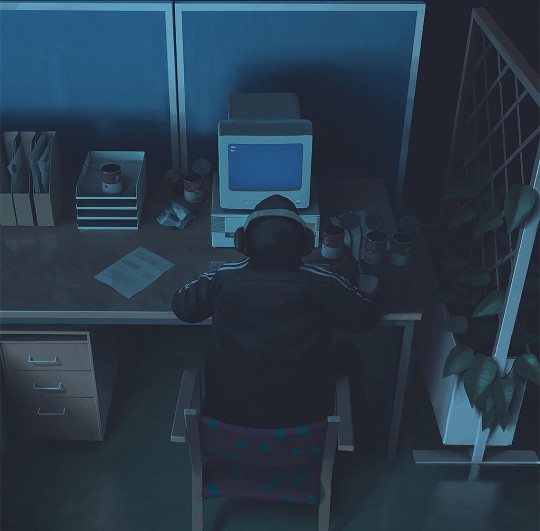

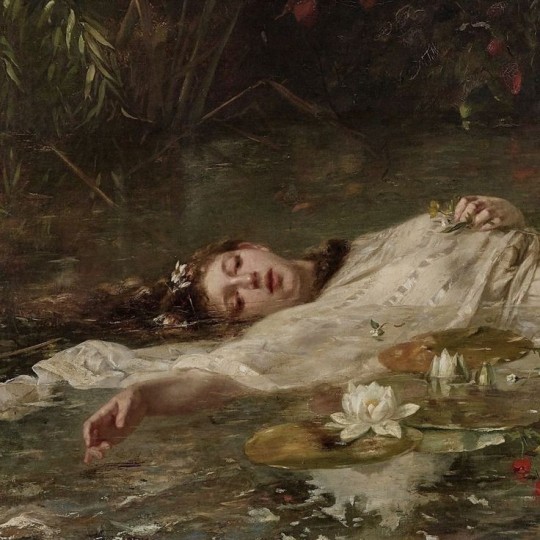



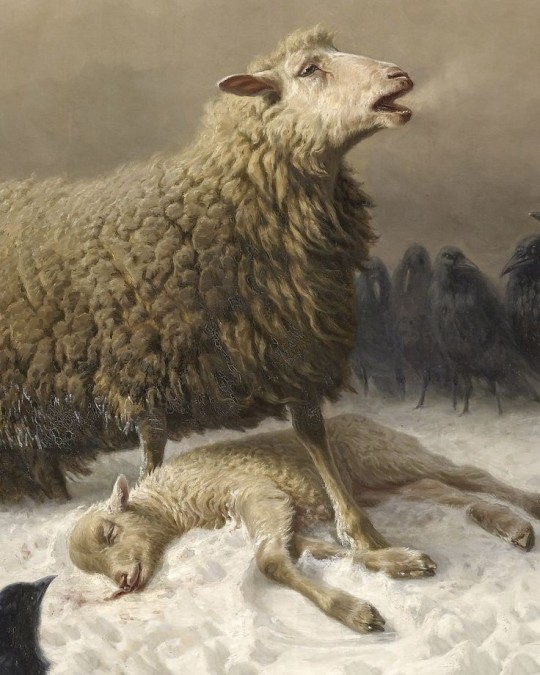

Sylvia Plath "The Unabridged Journals of Sylvia Plath" / Anne Sexton, "The Sickness Unto Death" / Simon Stålenhag / Sylvia Plath "The Unabridged Journals of Sylvia Plath" / Friedrich Wilhelm Theodor Heyser "Ophelia" / Louise Glück, “The Unpainted Door" / Max Ginsburg "War Pieta" / Mahmoud Darwish "Memory for Forgetfulness: August, Beirut, 1982" / August Friedrich Albrecht Schenck "Anguish" / Sylvia Plath "The Unabridged Journals of Sylvia Plath"
#poetry#poem#web weaving#sylvia plath#the unabridged journals of sylvia plath#anne sexton#the sickness unto death#simon stalenhag#friedrich wilhelm theodor heyser#ophelia#louise gluck#the unpainted door#max ginsburg#war pieta#mahmoud darwish#memory for forgetfulness#auguast friedrich albrecht schenck#anguish#painting
991 notes
·
View notes
Quote
A self that in despair wills to be itself is pained in some distress or other that does not allow itself to be taken away from or separated from his concrete self. So now he makes precisely this torment the object of all his passion, and finally it becomes a demonic rage. ... Once he would gladly have given everything to be rid of this agony, but he was kept waiting; now it is too late, now he would rather rage against everything and be the wronged victim of the whole world and of all life, and it is of particular significance to him to make sure that he has his torment on hand and that no one takes it away from him — for then he would not be able to demonstrate and prove to himself that he is right.
Søren Kierkegaard, The Sickness Unto Death
205 notes
·
View notes
Text
“And this is one of the most crucial definitions for the whole of Christianity; that the opposite of sin is not virtue but faith.”
― Søren Kierkegaard, The Sickness Unto Death
33 notes
·
View notes
Text

19 notes
·
View notes
Text
The greatest hazard of all, losing one’s self, can occur very quietly in the world, as if it were nothing at all. No other loss can occur so quietly; any other loss - an arm, a leg, five dollars, a wife, etc. - is sure to be noticed.
Søren Kierkegaard, The Sickness Unto Death: A Christian Psychological Exposition for Upbuilding and Awakening, July 30th 1849
#soren kierkegaard#The Sickness Unto Death#losing my mind#sociology#literary text#quotes#world literature#books and libraries#existential despair#existentialism#philosophical
107 notes
·
View notes
Text

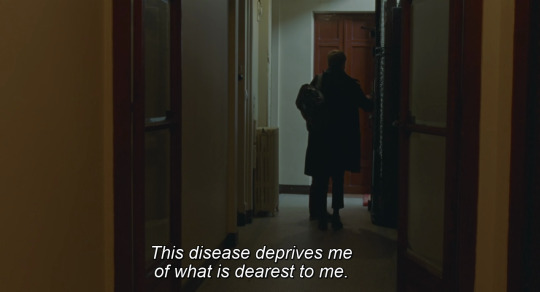
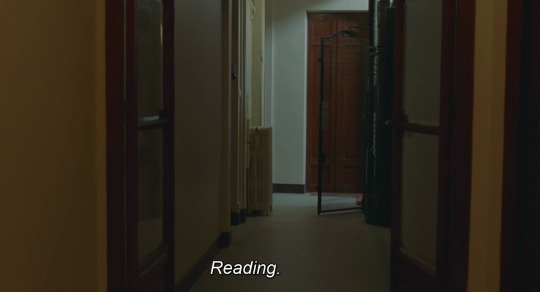

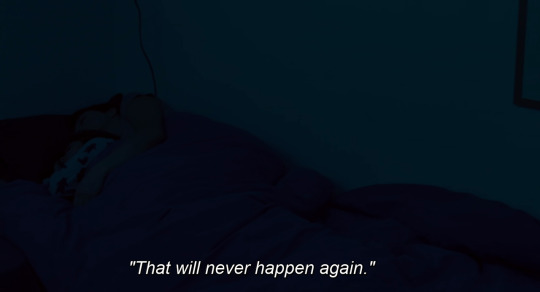



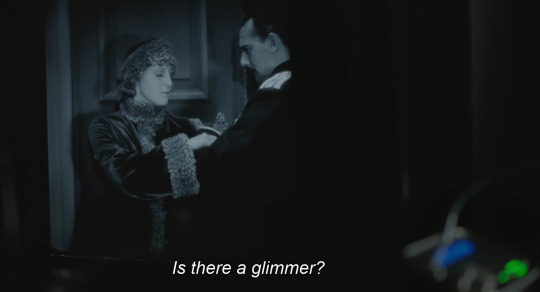
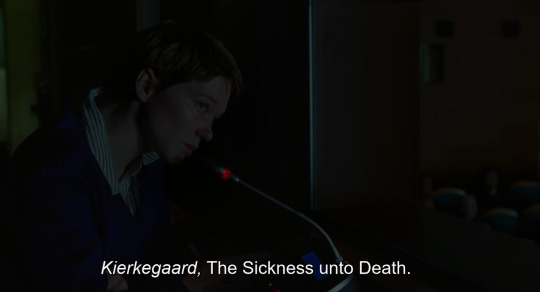
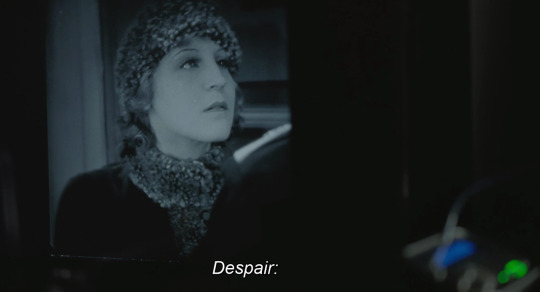
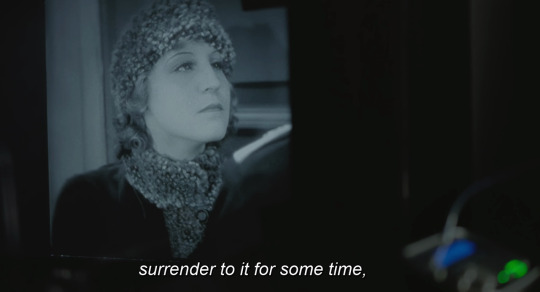
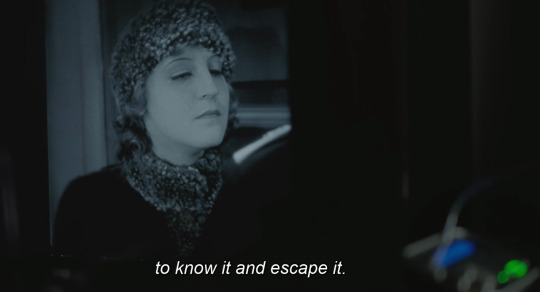

6 notes
·
View notes
Quote
This is the way a person always gains courage: when he fears a greater danger, he always has the courage to face a lesser one; when he is exceedingly afraid of one danger, it is as if the others did not exist at all.
Søren Kierkegaard
26 notes
·
View notes
Text
im meri ✞ he/she, black disabled vampire femme
basic dni, if i dont like you im ignoring/blocking you
my tags:
♱ #do not stand at my grave and weep - graves
♱ #places i am buried - scenery
♱ #eyeballs to entrails my sweet - my girlfriend
♱ #fashion
♱ #mericore - misc aes and things that are me
♱ #the sickness unto death - poetry
♱ #music - music i like
♱ #fangs - vampirism
♱ #sunkissed - brown/black ppl
♱ #misc
links for palestine
#pinned post#do not stand at my grave and weep#places i am buried#eyeballs to entrails my sweet#fashion#mericore#the sickness unto death#music#fangs#sunkissed#art#misc
2 notes
·
View notes
Text

"...in possibility one can go astray in all possible ways, but especially in two."
8 notes
·
View notes
Text
Anxiety and despair according to Kierkegaard:
Anxiety is the “dizziness of freedom, which emerges when the spirit wants to posit the synthesis, and freedom now looks down into its own possibility, laying hold of finiteness to support itself.”
The Sickness unto Death presupposes anxiety but excludes it from consideration, inasmuch as despair is a more advanced stage: “in all despair there is an interplay of finitude and infinitude, of the divine and the human, of freedom and necessity.”
—”Introduction” by Howard V. Hong and Edna H. Hong in The Sickness unto Death,
#kierkegaard#anxiety#despair#book quotes#book reccs#philosophy#the sickness unto death#howard hong#edna hong#book talk#currently reading
7 notes
·
View notes
Text
"Oh! how pitiable a person who has never felt the loving urge to sacrifice everything for love, who has therefore been unable to do so!”
― Søren Kierkegaard
8 notes
·
View notes
Quote
Is despair an excellence or a defect? Regarded in a purely dialectical way it is both. ... If only the abstract idea of despair is considered, without any thought of someone in despair, it must be regarded as a surpassing excellence. The possibility of this sickness is man's superiority over the animal, and this superiority distinguishes him in quite another way than does his erect walk, for it indicates infinite erectness or sublimity, that he is spirit.
Søren Kierkegaard, The Sickness Unto Death
#philosophy#quotes#Søren Kierkegaard#The Sickness Unto Death#despair#suffering#awareness#spirit#humanity
92 notes
·
View notes
Text
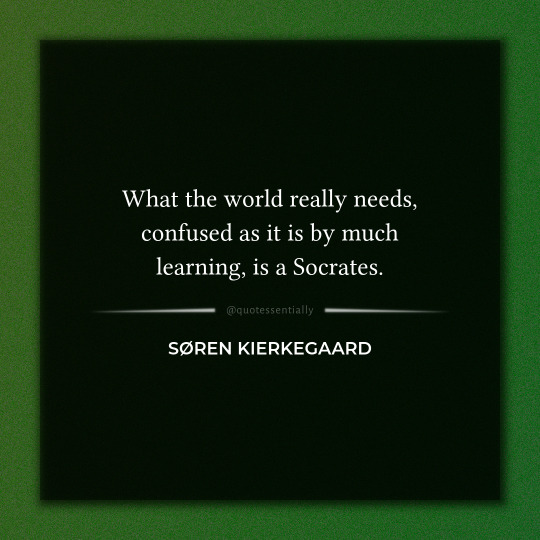
From Søren Kierkegaard’s The Sickness Unto Death
5 notes
·
View notes
Text
CHRIST | WHO ARE YOU? (Col. 2:6—15)
CHRIST | WHO ARE YOU? (Col. 2:6-15)
'In a way, we are all like carrots. Like orange carrots selectively bred by Dutch farmers, we all, in some way, select what is important in defining who we are and how we express who we are.'
Here’s my longer sermon notes from this morning’s Metro Christian Centre service (dated 18th June 2023), continuing our series in the letter Colossians.
You can also catch up with this via MCC’s YouTube channel (just give us time to get the video uploaded).
‘We are proud individuals, living for the city | but the flames couldn’t go much higher | We find gods and religions to paint us with…
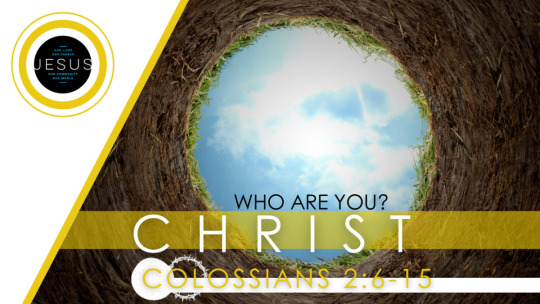
View On WordPress
#Colossians 2#despair#Ernest Becker#failure#Frankenstein#Identity#Iron Sky#Jean Valjean#Paolo Nutini#Rooted in Jesus#Søren Kierkegaard#Sin#The Denial of Death#The Reason for God#The Sickness Unto Death#Timothy Keller#Who are you#worth
0 notes
Text
“Despair is ‘the sickness unto death’.”
Søren Kierkegaard, The Sickness unto Death
#wehavewords#søren kierkegaard#soren kierkegaard#The Sickness unto Death#words#quotes#life quotes#life#quotes about life#true words#book quotes#book inspiration#favorite quotes
1 note
·
View note
Note
How art thou on this fine day
If you want an honest answer, I am being hounded by the wretchedness of death and its irreversibility. And, since you asked the way you did, I will philosophize about it in my riding breeches. You are welcomed to hop on, confrère.
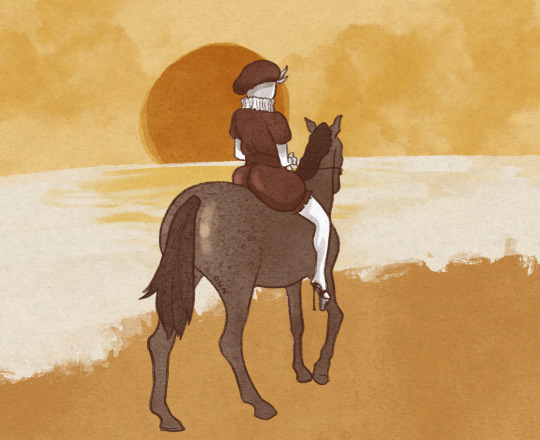
60 notes
·
View notes